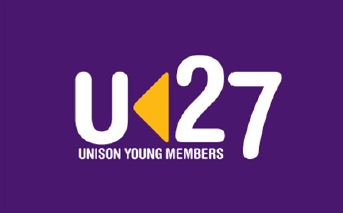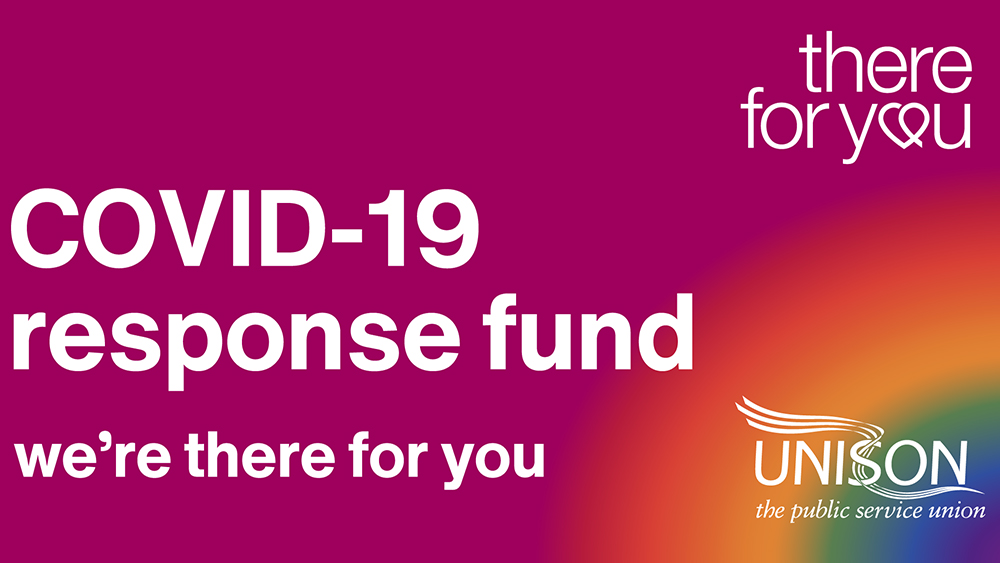This is the first in a series of ‘explainer’ articles in the newsletter, to help you understand issues and policies in our workplace. First off, we’ll look at the mysterious and sometimes confusing world of local government pensions!
What is LGPS?
The Local Government Pension Scheme (LGPS) consists of 101 regional pension funds, which administer pensions for millions of local government workers.
We pay our contributions into the South Yorkshire Pensions Authority (SYPA) fund, who are based up the road in Barnsley.
As a public post-92 university, all non-academic staff at SHU are by law enrolled in LGPS when we start our employment. However, you can opt out, or leave the scheme at any time.
How much do we pay in, and how much does SHU contribute?
Each year, 1/49th of your pensionable pay is added to your annual pension entitlement.
To pay for this you will contribute about 6-7% of your salary each month into your pension. SHU will make another contribution that amounts to around 14-15% of your salary.
Where does all my pension money go?
Your money is paid to SYPA. They administer and invest the money on the scheme members’ behalf. On their website you can access your account online, view your pension statement, and get a projection of your retirement income (based on your current pension savings).
LGPS is a funded pension scheme, which means that your contributions are invested rather than simply being left in an account. Broadly the funds will be invested in: government bonds, property, and the stock market.
This contrasts with the Teachers Pension Scheme (TPS), which is offered to SHU employees on academic contracts. TPS is an unfunded scheme – the contributions are not invested but are merely paid to the government, who then pay out the pension benefits from general taxation.
When can I retire and when do I get the money?
You will be able to access your full pension entitlement at your retirement age – which is the age at which you can access your state pension. This pension age checker on the direct.gov site can give you more details.
You can take ‘early retirement’ and access your pension pot from the age of 55. Your entitlement will be reduced accordingly, as you will not have made the full contributions up to your retirement age. You would also be required to resign your roles at SHU.
If you are 55 or over and made redundant by SHU (either compulsory or voluntary), you will be entitled to take early retirement. In this instance SHU must pay a very significant contribution to cover the payments due up to your retirement age, and you will retire on a full pension.
There is also a ‘flexible retirement’ option for those who don’t want to fully retire.
Finally, if you are unable to continue working on medical grounds you may also be able to receive ill health early retirement. However, you must supply sufficient evidence to the fund to prove that you can no longer work.
Follow this link for a good summary of retirement options for LGPS members.
Do I get taxed on my pension?
Pensions are deferred pay, so income tax will be applied when you’re receiving your pension. However, you do also receive some tax relief on your pension contributions.
If your pension contributions are very high and the sum of your pension pots goes over the ‘lifetime’ pensions tax allowance (currently £1.073 million), then additional taxes will be applied. Luckily, this is unlikely to affect most of us!
Is LGPS a defined benefit scheme, and what does that mean?
Yes. LGPS is a defined benefit scheme. This means that you will be guaranteed a fixed sum for each year of your retirement, based on your total contributions when you retire. For LGPS members your yearly amount will also increase with the cost of living.
A defined contribution scheme does not guarantee your income in the same way. Instead, the value of your pension pot goes up and down with the stock market, and when you retire, you’ll be given a statement each year giving your income for the next 12 months.
Defined contribution schemes are cheaper for the employer and carry less risk for them. They are not as good for the employee, who must take on more risk.
What if I can’t afford to pay the pension contributions?
You can leave the scheme at any time, although if you do this your employer contributions from SHU will also be stopped.
LGPS also offers a 50:50 scheme, where the contributions by the employee and employer are reduced by 50%. This is more affordable but means that your pension pot builds up more slowly.
SHU has also launched a pension scheme (NEST) for staff members who cannot afford the contributions for LGPS, or who want to pay into a more flexible scheme. This is a defined contribution scheme.
Our branch cannot give individual financial advice, but overall, we believe that the LGPS scheme offers the best value to our members.
What’s the future outlook for local government pension schemes?
Most post-92 universities must continue to offer LGPS pension schemes to their directly employed support staff, and at present the SYPA scheme is well funded.
Some regional LGPS funds do have funding gaps, although many argue that this is the result of the way the fund valuations are carried out.
Many universities do not like defined benefit pension schemes, and if given the choice would prefer to stop paying into them. Some universities, such as Staffordshire and South Wales, have gone to extreme lengths to avoid offering LGPS schemes to their support staff.
In addition to this, a report by the government in May 2019 proposed that the law should be changed to allow universities and further education colleges to opt out of local government pension schemes. We wrote about this report at the time, and we’re still awaiting a full response to the consultation from the government.
If the worst-case scenario happens, we expect to see some universities preventing new support staff from entering the LGPS scheme. This will not only be detrimental for those new staff members but will also reduce the amount of contributions coming into the scheme, affecting the benefits paid to existing members.
We will strongly oppose any attempt to change LGPS entitlements at SHU, should it be proposed in the future.
Finally, the economic effects of Covid-19 have significantly affected the valuations of funded pension schemes, although they are likely to recover in the future as the crisis eases.
I have more questions, where can I go for answers?
Firstly, the South Yorkshire Pensions Authority’s website should be helpful.
The Pensions Team at SHU will be able to support you with individual enquiries.
Unison has an excellent pensions knowledge base too.
Finally, you can contact us if you have any concerns about your pension.







